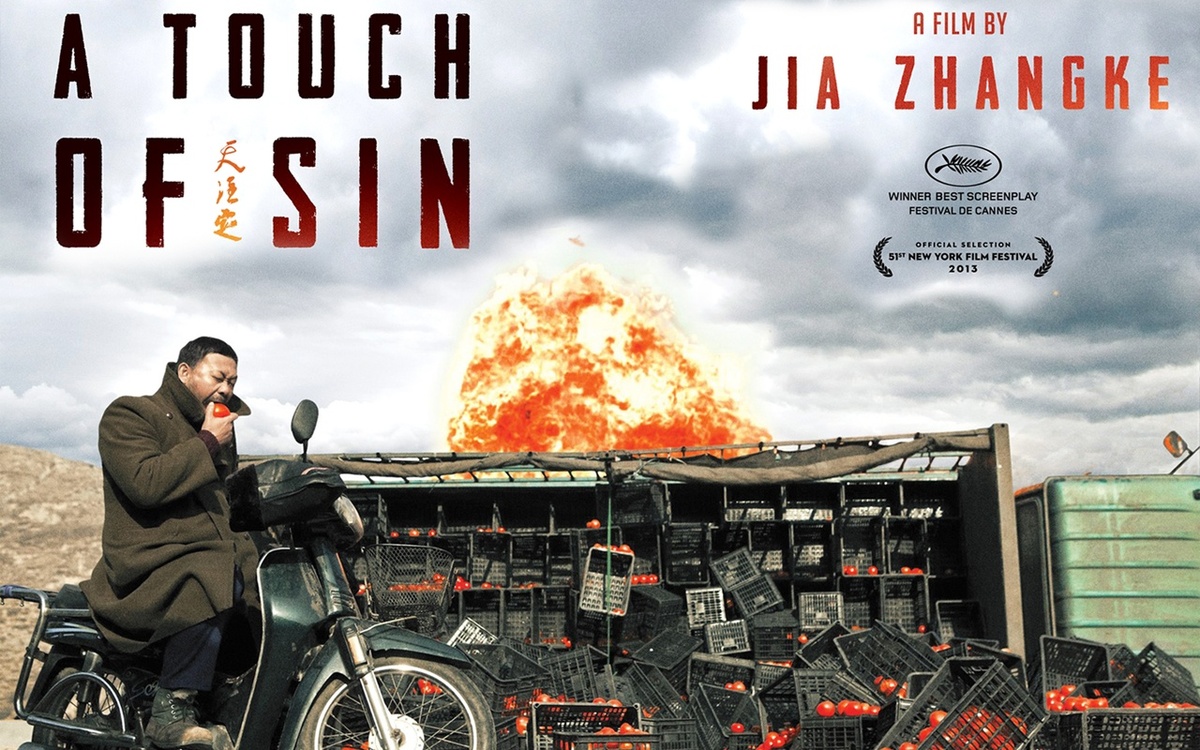Welcome to the fourth installment in a 10-part series of practical tips that will make up the CFI Guide to Film Production in China. Publishing each Friday from now until just before the annual U.S. China Film Summit and the American Film Market in Los Angeles in early November, the CFI Guide is built upon wide-ranging research and reporting checked against specific case studies and available official documentation. It is for writers and producers, directors, actors, and members of the film marketing and distribution chain who believe that working with China is a part of their future. With Chinese ticket sales up nearly 50 percent in 2015, and likely to surpass U.S. sales inside the next year, it’s clear that this market is too big to be ignored. CFI is here to help you better understand China’s filmmaking process and industry.— Jonathan Landreth, Founding Editor
Within 18 months of starting the first China bureau of The Hollywood Reporter in Beijing, CFI editor Jonathan Landreth reported in September 2006 that director Lou Ye was banned from filmmaking in China for five years. Lou was punished by authorities for sending his coming-of-age romance Summer Palace—set against the backdrop of the upheaval in Tiananmen Square in 1989—to the Cannes Film Festival that May, without government approval. Lou was a repeat offender, so his five- year ban—manifest not on paper but via word of mouth passed around in the industry—may be an extreme example. Previously, Lou had suffered a two-year blacklisting for sending his romance Suzhou River to the Rotterdam Film Festival, where it won the top prize in 2000. Censors at what was then still called just the State Administration of Radio, Film, and Television (predecessor to the State Administration of Press, Publications, Radio, Film, and Television, or SAPPRFT) refused to review Summer Palace for approval for Cannes, claiming the print submitted was of poor quality. But Lou and French co- producer Sylvain Burstejn said this was a groundless excuse used to avoid addressing the film’s content. In the years since, both Lou and Suzhou River have had the bans against them lifted. Summer Palace, however, has never screened in China.
In 2013, A Touch of Sin, director Jia Zhangke’s stark look at violence across the different socioeconomic strata of China, was denied an official release permit despite the Shanghai Film Studio behind him having worked closely with official censors from the get-go. The denial proved tantamount to a ban and, what’s worse, crushed the film’s chances of capitalizing on foreign acclaim. American critics lauded Jia’s work, but unless a subtitled film wins an Oscar, few non-English language movies ever get a substantial release in North America. Without a release in China, A Touch of Sin could not be submitted for the Best Foreign Language Film prize. By censoring Chinese works to uphold the ruling Communist party’s view of an appropriate cinematic portrayal of China, film authorities limit the country’s chances of winning an Oscar and guarantee the banned films will lose money. — Jonathan Landreth
Read Part 5, “A New Film Law is Coming.”






